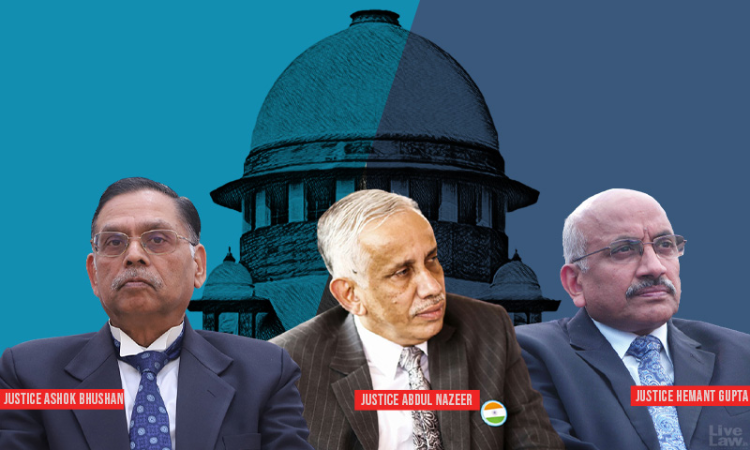Petition Styled As One Under Article 226 Would Not Bar High Court To Exercise Its Jurisdiction Which Otherwise It Possesses: Supreme Court
LIVELAW NEWS NETWORK
5 April 2021 7:19 PM IST

"Nomenclature of the title of the petition filed before the High Court is immaterial."
Next Story


